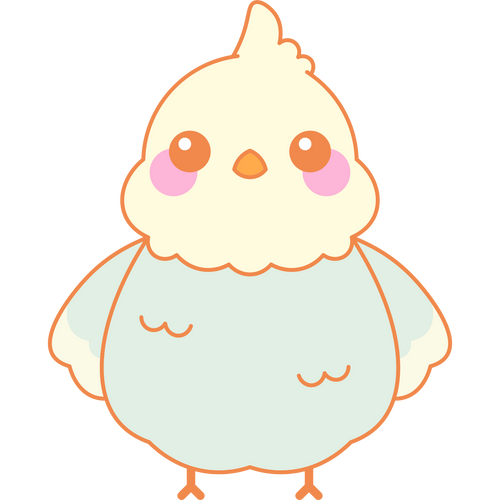Providing optimal care for your parrot involves a balanced diet, regular bathing, mental stimulation through toys, and an emergency preparedness plan. Understanding each species’ unique needs, protecting their respiratory health, and managing behaviours such as molting and vocalization are key to maintaining a happy and healthy companion bird.
-
1. Provide a Nutritious Diet
Parrots require a nutritious diet, primarily composed of fresh, wholesome ingredients. It is your responsibility to ensure your bird’s optimal health by offering a variety of flavours, textures, and colours each day.
2. Ensure Fresh Water Is Always Available
Companion parrots must have access to fresh water at all times. Owners may need to clean and refill the water bowl multiple times daily, especially if the bird uses it for bathing or soaking food.
3. Maintain Regular Bathing
Bathing is essential for maintaining healthy plumage and reducing dander. Parrots should bathe at least two to three times per week, with daily baths being ideal.
4. Provide Mental Stimulation Through Toys
Toys help parrots stay mentally stimulated by encouraging natural behaviours such as foraging, nest building, and social interaction, which are critical for their well-being in captivity.
5. Understand Species-Specific Needs
Each parrot species is unique, varying in size and dietary requirements. Some need smaller food pieces, while others can crack open tough shells. Care should be tailored to the specific species.
6. Prepare an Emergency Plan
Have an emergency plan for natural disasters such as fires, power outages, or storms. Keep a travel cage ready and identify the essential supplies needed to care for your bird during emergencies.
7. Be Prepared for Early Vocalizations
Parrots often wake at dawn, sometimes as early as 5:30 a.m., responding to natural light. Providing toys can help keep them occupied, but expect early morning vocal activity influenced by light pollution.
8. Protect Respiratory Health
Parrots have sensitive respiratory systems. Avoid exposing them to any form of smoke or toxic fumes, including cigarettes and pipes, as these can significantly harm their health.
9. Manage Molting and Feather Care
Molting is a natural process where parrots shed old feathers to grow new ones. Most molt at least once a year. Consider investing in a dedicated vacuum cleaner to handle the increased feathers and dust, especially with multiple birds.
10. Understand Noise and Vocal Behaviour
Large parrots may produce loud, piercing noises, while smaller species tend to sing continuously throughout the day. Both can be vocal, so understanding these behaviours is important when choosing a companion bird.


